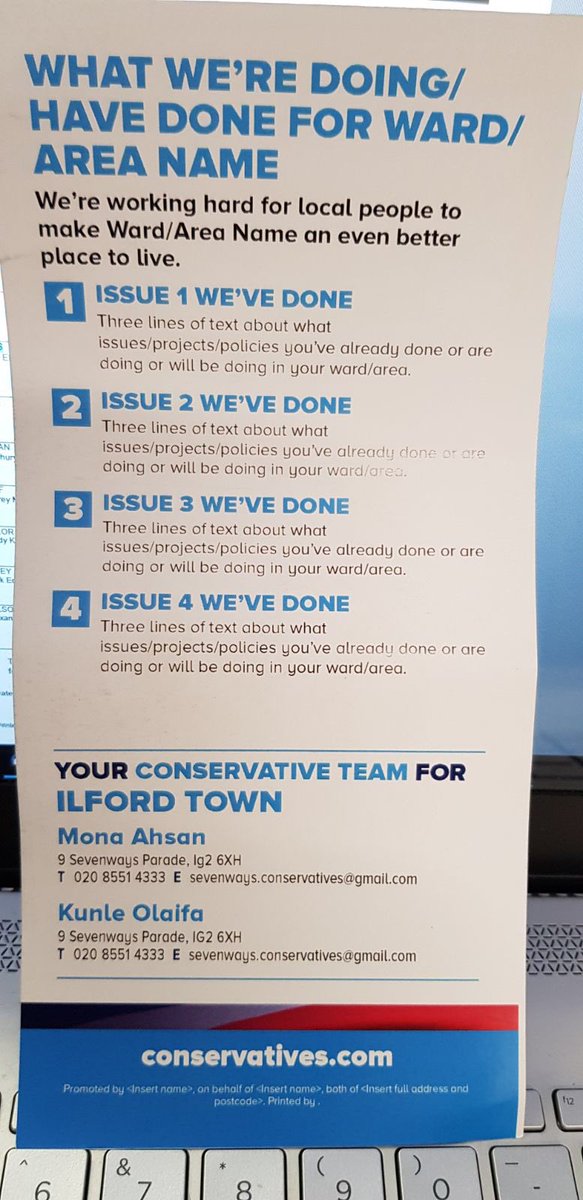WordPress is determined to get me to use the new ‘editor’ which does things in blocks; why, I do not know, but like many such innovations they push you to accept new forms by making the old ones less and less attractive. But I resist change, not because I am a hidebound reactionary but because of the energy it takes to get to grips with something new. This is a constant feature of life and a continual problem for those of us over – ahem – fifty whose brains do not process new information as quickly as younger cortices can. But since wordpress has inexplicably downgraded the version I was using, it’s a choice between remembering something old and getting used to something new, so here I am trying to get used to my writing being ‘levelled up’, whatever that means.
I don’t consider myself particularly old, I’m pretty much on the ball and far from being ga-ga, but my life is a series of challenges which demand that on a regular basis I get used to something new. New things that have come at me in the past few years include: internet banking, online tax returns, contactless payments, wireless computer mice, ‘casting’ TV, mobile bus and train tickets, virtual kitchens (not for me but still) self-service checkouts (I’m still resisting these) and loads more I can’t bring to mind.
You might say, what’s the big deal? None of these things is particularly difficult, after all, and many of them make life a lot easier. It’s true that now I’m used to it, internet banking is very useful; it’s true that contactless payment is faster and easier and doing my tax return online is a doddle. But the point is I had to get used to all this stuff first. It’s as if you’re walking along a path quite happily but every few minutes someone tugs your elbow and says, ‘there’s a much better path up here.’ And then if you doggedly keep on using the old path they put obstacles in your way. And in the end someone comes down and says ‘this path is closing now. Please go to the new path.’ Just as HMRC are now digital by default, you have to apply for Universal Credit online and without internet shopping lots of avenues are closed to you. This stuff is largely driven by young men in Silicon Valley; it excludes the poor and the elderly and anyone else who can’t get their frontal lobes around it; and it’s very tiring. I want things to stay the same for a bit now, OK?
Then again perhaps the ultimate plan is to make all the free forms of WordPress intolerable so that we all upgrade to a paid plan. I wouldn’t put it past them…
Kirk out

